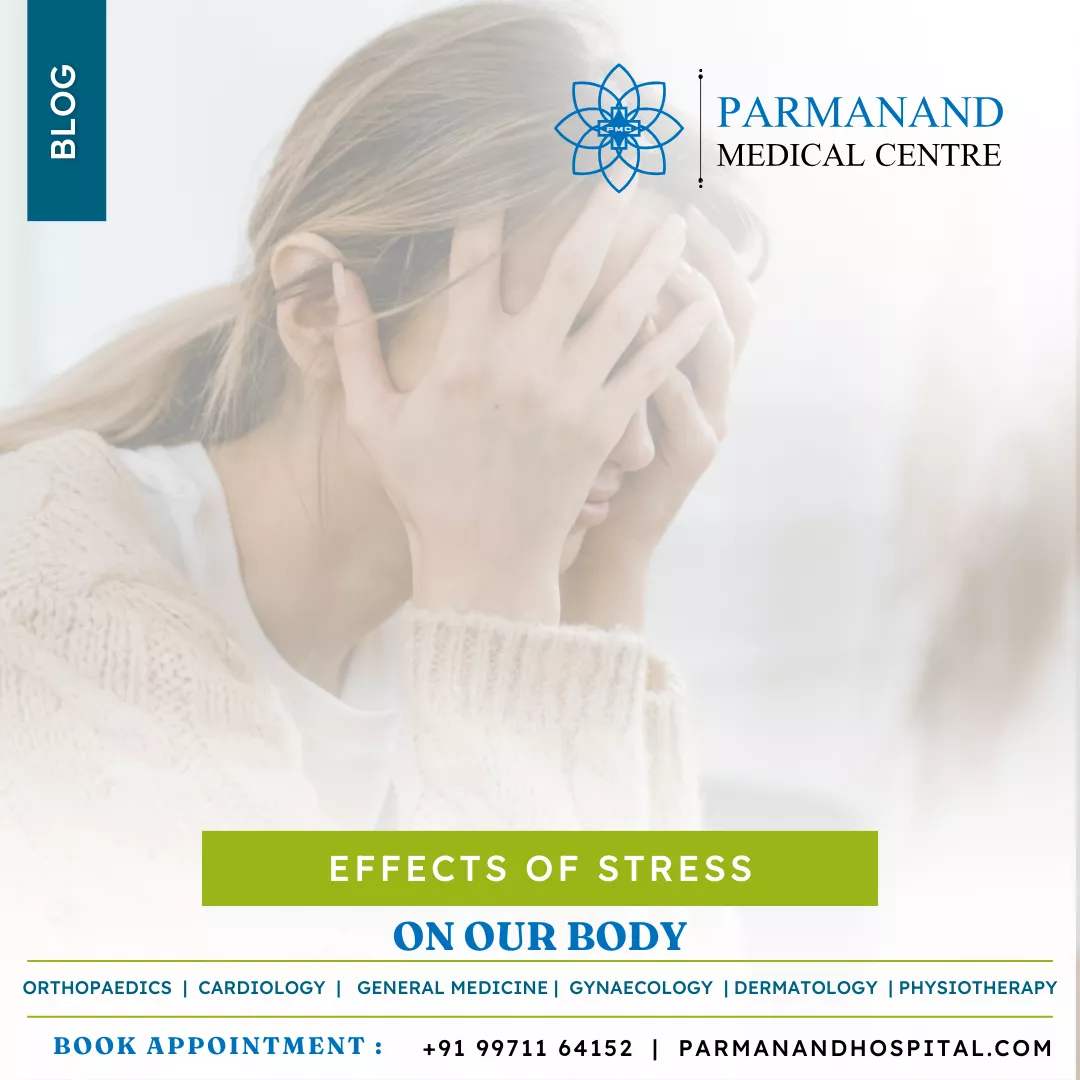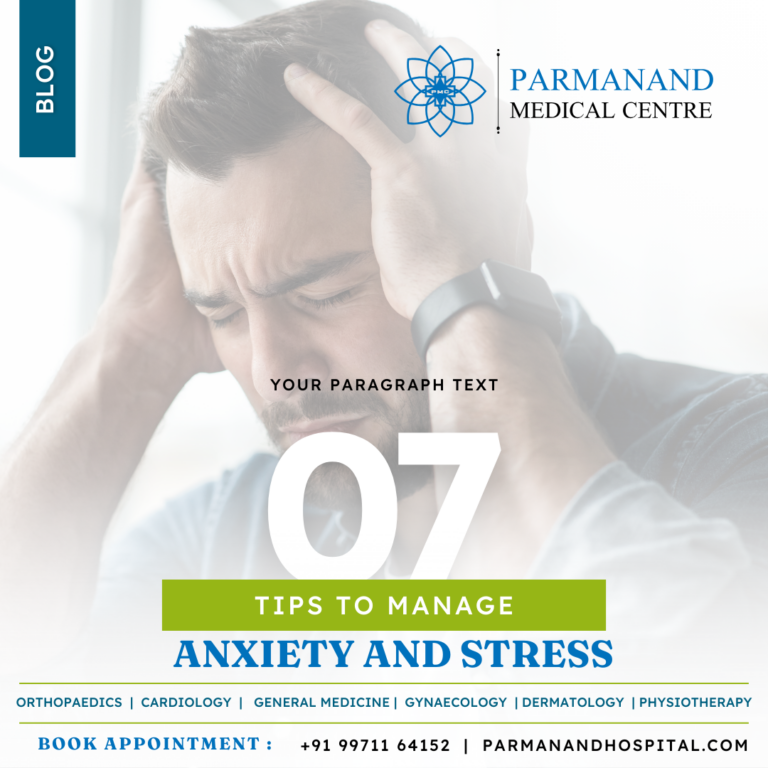Stress is a complex physiological and psychological response to perceived threats or challenges. Let’s discuss the effects of stress on the body. When you encounter a stressful situation, whether it’s a looming deadline at work or a sudden traffic jam, your body initiates a series of automatic responses designed to help you cope with the perceived danger.
The Body’s Automatic Response
This automatic response, often referred to as the “fight or flight” response, is a survival mechanism that evolved in our ancestors to protect them from immediate physical threats, such as predators. When faced with danger, the brain signals the release of stress hormones, including adrenaline and cortisol, into the bloodstream.
These hormones trigger a cascade of physiological changes in the body. Adrenaline increases heart rate and blood pressure, boosts energy levels, and enhances muscle strength and reaction time. 9 Cortisol, often called the stress hormone, helps regulate metabolism, control blood sugar levels, and modulate immune function.
In modern times, the “fight or flight” response is often activated by non-life-threatening situations, such as work deadlines or social pressures. However, the body’s response remains the same, preparing you to either confront the stressor head-on or flee from it. Let’s discuss the both, short-term effects of stress on the body and the long-term effects of stress on the body.

Short-Term Effects of Stress on the Body
Short-term or acute stress can manifest in various physical and emotional symptoms. Let’s take an example to discuss short-term effects of stress on the body, you may experience sweaty palms, rapid heartbeat, or shallow breathing in response to a stressful event. These physiological reactions are designed to help you respond quickly to the perceived threat.
Emotionally, short-term stress can lead to feelings of nervousness, irritability, or anxiety. You might find it challenging to concentrate or make decisions effectively, as your body prioritizes immediate survival over other cognitive functions.
While short-lived stress responses are generally harmless and can even enhance performance in certain situations, repeated or prolonged exposure to stress can have more significant consequences for your health.

Long-Term Effects of Stress on the body
Let’s discuss the long-term effects of stress on the body. Chronic stress occurs when the body’s stress response is activated frequently or continuously over an extended period. This persistent activation can lead to wear and tear on the body, disrupting normal physiological processes and increasing the risk of various health problems.
Over time, the constant release of stress hormones like cortisol can impair immune function, disrupt digestion, and negatively impact cardiovascular health. Chronic stress has been linked to conditions such as anxiety, depression, digestive disorders, headaches, muscle tension, and sleep disturbances.
Moreover, chronic stress can contribute to the development of chronic diseases such as heart disease, hypertension, diabetes, and obesity. It can also exacerbate existing health conditions and make it more challenging to manage them effectively.
Additionally, chronic stress can take a toll on mental well-being, leading to burnout, fatigue, and a sense of hopelessness or helplessness. It can strain relationships, affect work performance, and diminish overall quality of life.

Managing Stress Effectively to minimize the effects of stress on the body
While stress is an inevitable part of life, there are many strategies you can use to manage it effectively and minimize the effects of stress on the body. By identifying stressors, building strong support networks, practicing self-care, and seeking professional help when needed, you can develop resilience and cope more effectively with life’s challenges. Prioritizing stress management can not only improve your immediate well-being but also safeguard your long-term health and vitality.

Parmanand Medical Centre, under the guidance of Dr. Shekhar Shrivastav – HOD Orthopedics of Sant Parmanand Hospital (Civil Lines, Delhi) specializes in Orthopedics and also offers its service in the departments of Cardiology, Gynecology, General Medicine, Dermatology, Physiotherapy & Diagnostic Tests.
We believe that everyone should have a moment and moderate access to the best health specialists, in their locality. At Parmanand Medical Centre, Yamuna Vihar, this is the conviction that brings us all together and our objective is becoming substantially more and more vital due to the huge and developing issue of the absence of access to reasonable medicinal services.
If you have any inquiries regarding our physicians or services, please don’t hesitate to reach out to Parmanand Medical Centre. You can contact us by calling (+91) 997-116-4152 or by sending an email to [email protected]. Additionally, you can click here to access our location on the map or request an appointment. We extend our best wishes to you and your family for a healthy and joyful time.
Connect with us on social media platforms for valuable health tips and general medical knowledge. Follow us on Instagram @parmanandhospital, like our page on Facebook @parmanandhospital, and join us on LinkedIn @parmanandhospital. Stay informed and inspired for a healthier life.



